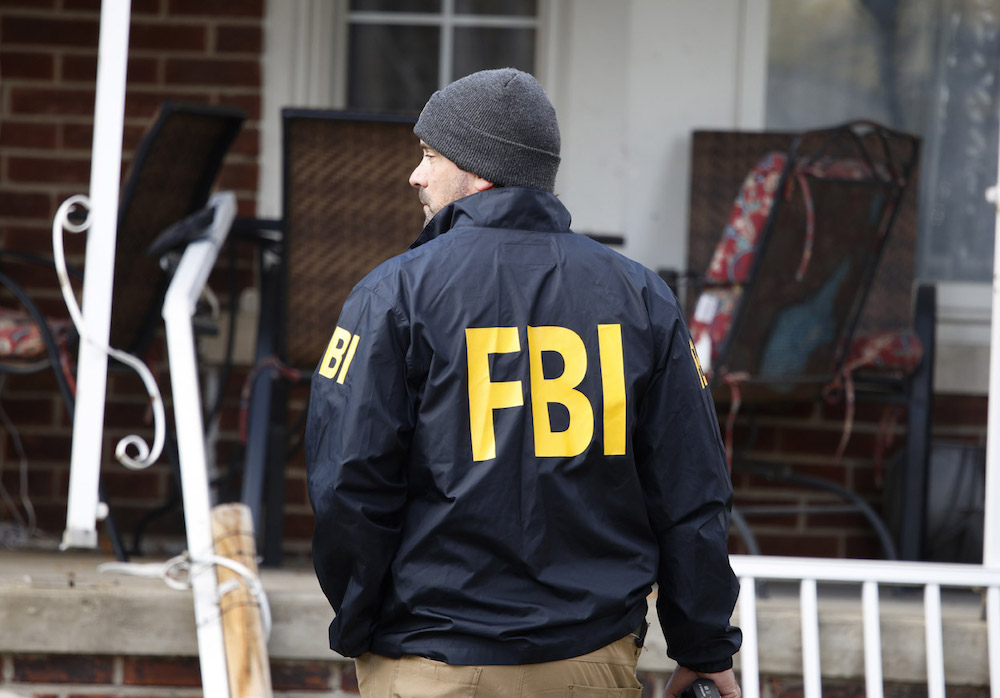 By Editorial Board
By Editorial Board
Government Technology
Imagine that a criminal investigator has identified one or more computers that are part of ongoing criminal activity. Unfortunately, the people operating these computers are hiding them. The machines could be anywhere in the world, using anonymous email or tools like Tor to conceal their location.
The investigator also has a tool, a carefully engineered piece of software, which she calls a “Network Investigatory Technique,” or NIT, that will cause a targeted computer to reveal itself. Once she sends the software to the computer she’s investigating, it will reply with a message saying, “I am at this location.” The rest of the security world calls the NIT “malicious code” (“malcode” for short) and deploying it “hacking,” because the software exploits a vulnerability in the target’s computer, the same way a criminal would.
Federal court rules currently say she can use this tool only if she gets an electronic search warrant from a judge. But the computer could be anywhere: to which court should she go to get the warrant?
This is not a hypothetical problem. Online investigations face this problem all the time, when tracking down fraudsters or those issuing threats using anonymous emails, botmasters who have compromised thousands of computers around the planet or purveyors of drugs or child pornography. The current federal rules of criminal evidence (in particular a section known as Rule 41) require investigators to seek warrants from a magistrate judge in the federal court district where the target computer is located.
But if investigators don’t know where in the country, or indeed the world, the computer is, the existing rules effectively dictate that there is no judge who could approve a warrant to actually find out its specific location. In essence, the rule is, “The investigator can get a warrant to hack these computers to reveal their location only when she knows where they already are.” That rule might have made sense before the digital age, but in today’s digital world it forces an end to promising investigations.
To read more click here.
Other Stories of Interest
- Clinton Ally Won’t Say If FBI Contacted Him Over Probe
- FBI Suspects Insider Involvement in $81M Bangladesh Bank Heist
- Ex-Rendell Aide to Plead Guilty in FBI Campaign Cash Sting
- Puerto Rico Senate Hands Off Probe of Power Authority to FBI
- Border Patrol Checkpoints Focus of Congressional Field Hearing






Yes, investigative work is hard. Police work is only easy in a police state. Democracy’s a bitch.
BTW, “General Warrants” — i.e., those that are not specific — are what the British used and one of the reasons for the Revolutionary War.
General warrants are explicitly unconstitutional. All those people that believe in the constitution should be against any expansion of the police powers as implied by the editorial shown above.
http://www.huffingtonpost.com/2013/07/04/james-otis_n_3547302.html
“patriotism is supporting your country all the time, and your government when it deserves it.”
http://gizmodo.com/senators-are-trying-to-stop-the-supreme-courts-bullshit-1776089282